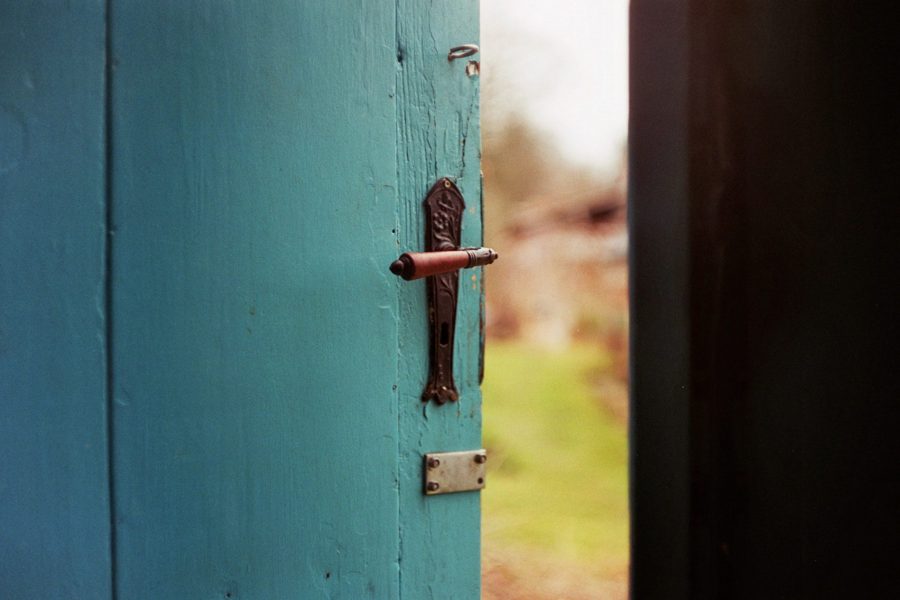The evangelist John wrote one of the most famous phrases in human history: “The Word became flesh and pitched his tent among us” (Jn 1:4). In the sphere of the world where the sons and daughters of man camp, God broke through the shadows and laid his Word in swaddling clothes. Since his first Christmas he has been wandering incognito from house to house, knocking at each of our doors so that we might invite him to our table to share his mysterious riches. We need new eyes to recognise him, for he has made a habit of travelling incognito and always seeming… other.
God could force human beings to obey as sunflowers do, moving mechanically in search of sunlight. But precisely because He did not create us as sunflowers, but made us free, He is ready for us to say “no” when He knocks on our door, and even to reject Him in a bad way and with a loud voice. It happened to him even before he was born: “He came to his own home, and his own people did not welcome him” (Jn 1:11)… “because there was no room” (Lk 2:7). Our Christmas carols still smell it:
Mother, at the door there is a Child
more beautiful than the beautiful sun.
He seems to be cold
because he comes half in the nude.
The door has a great symbolic value not only at Christmas. Beggars, strangers and even acquaintances come knocking at the door today, perhaps just looking for a little understanding and warmth. Unfortunately, perhaps with good reason, we have become distrustful, we have armoured the doors and we react with suspicion. We tend to get caught up in matters that are too important – or so we think – to pay attention to strangers. And so we are often unaware that He Himself is passing by, hidden under the disguises of those who knock at the door of our lives.
The worst thing is that these closed doors will probably also close the doors of our inner selves: resistances, prejudices, cautions, fears? Pressed by our supposedly innumerable occupations, we ensure that we have no lodging… not even for ourselves!
We should learn from the Jewish tradition. The good Jews would leave the door of their house ajar during the Passover meal, so that, if the Messiah came, he might find his door open and welcoming; and if not, that a poor man might enter, bringing the same light as the Messiah.
Juan Carlos cmf
(PHOTO: Jan Tinneberg)






